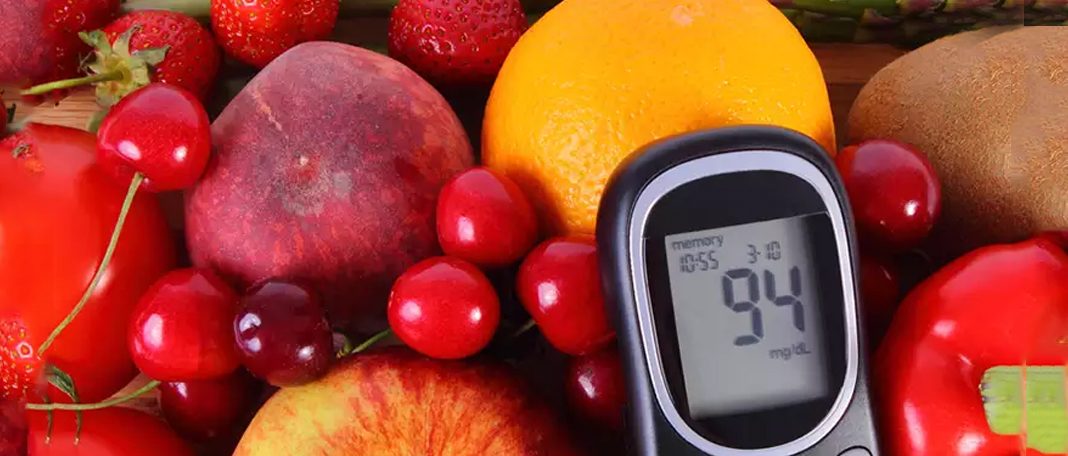Fruits are the best natural source of vitamins and minerals and they also give you many health benefits. Adding more fruits to your diet will reduce the risk of many chronic diseases including heart disease, cancer, and diabetes. Each fruit gives its unique benefits so you can pick seasonal fruits as they will be available more in the market and will also cost less. But diabetes patients must keep an eye on the fruits they eat.
A recent study finds that eating two servings of fruit a day can lower the risk of diabetics. Adults who eat two servings of fruit per day have 36% fewer chances of developing type 2 diabetes within 5 years than those who consume less than half a serving. The research was published online in the journal of clinical endocrinology & metabolism by Nicola P. Bonadonna, Ph.D. and colleagues and it was based on data from the Australian Diabetics.
Approximately 463 million adults are living with diabetes worldwide and it is said that the number is expected to rise to 700 million by 2045. A healthy lifestyle and diet can create a good impact and can also lower diabetes. The study says higher fruit intake was associated with higher insulin sensitivity and lower pancreatic beta-cell function (secretes insulin to maintain circulating glucose level) in a dose-response manner.
Nicola Bonadonno, Ph.D., Edith Cowan University institute for Nutrition Research says people who consume more fruit, especially apples, produce less insulin to lower their blood glucose levels. Higher intake of apples, not citrus fruits or bananas, was linked with lower post-load serum insulin levels. Bonadonna also added that they did not see effectiveness for fruit juice probably because of relatively high sugar load and fewer beneficial fibers. Fruit juices were not associated with better glucose or insulin levels or lower risk of diabetes; the researchers’ data suggest that even fruit juices with added fiber do not trigger satiety.
The researchers took data from 7,675 adults aged 25 and older without diabetes from the Baker Heart and Diabetes Institute. They were also provided information on their fruit and fruit juice. The study aimed to examine how consumption of total fruit, individual fruit, and fruit juice is related to glucose tolerance, insulin sensitivity, and incident diabetes at 5 years and 12 years. The participants also underwent blood tests and a food frequency questionnaire in 1999-2000. Participants mentioned how often they ate 10 different types of fruit, any type of fruit juice, and other foods from 0(none) to 10 (three or more times/day).
Researchers divided the participants into four equal groups based on their medium fruit consumption- 62 (range 0-95) g/day, 122 (95-162)g /day, 230 (162-283)g/day, and 372 (283-961)g/day. Apple was the most commonly consumed fruit and it was nearly consumed by 23% followed by banana 20%, citrus fruit 18%, and other fruits were consumed 8%.
While comparing with the participants who ate fewer fruits, people who reported eating moderate and high amounts of fruits were female and reported exercising 150 minutes a week. They also eat less red meat and processed meat and are less likely to smoke but it is said that they consumed more sugar.
By the end of the research, out of 3518 participants who had 12-year follow-up 247 participants developed diabetes but there were no significant associations between fruit consumption and long-term risk of diabetes.


















